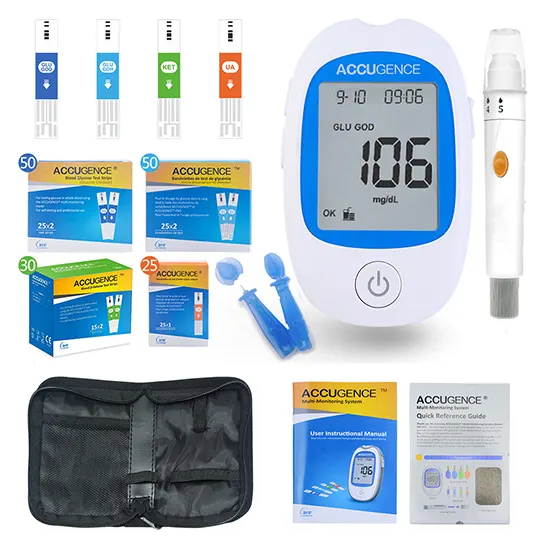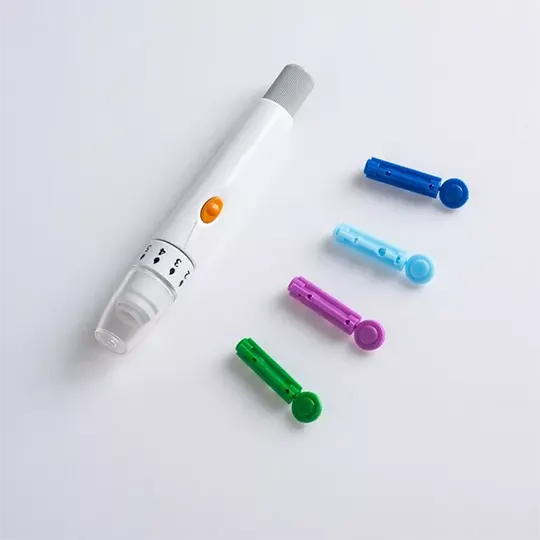Angiomax (Medicines Co or MDCO)
- Angiomax (Medicines Co or MDCO) – general information
- Pharmacology of Angiomax (Medicines Co or MDCO)
- Angiomax (Medicines Co or MDCO) for patients
- Angiomax (Medicines Co or MDCO) interactions
- Angiomax (Medicines Co or MDCO) contraindications
- Additional information about Angiomax (Medicines Co or MDCO)
Angiomax (Medicines Co or MDCO) - General Information
Synthetic 20 residue peptide (thrombin inhibitor)
Pharmacology of Angiomax (Medicines Co or MDCO)
Angiomax directly inhibits thrombin by specifically binding both to the catalytic site and to the anion-binding exosite of circulating and clot-bound thrombin. Thrombin is a serine proteinase that plays a central role in the thrombotic process, acting to cleave fibrinogen into fibrin monomers and to activate Factor XIII to Factor XIIIa, allowing fibrin to develop a covalently cross-linked framework which stabilizes the thrombus; thrombin also activates Factors V and VIII, promoting further thrombin generation, and activates platelets, stimulating aggregation and granule release
Angiomax (Medicines Co or MDCO) for patients
Angiomax (Medicines Co or MDCO) Interactions
Angiomax does not exhibit binding to plasma proteins (other than thrombin) or red blood cells.
In clinical trials in patients undergoing PTCA/PCI, co-administration of Angiomax with heparin, warfarin, thrombolytics or glycoprotein IIb/IIIa inhibitors was associated with increased risks of major bleeding events compared to patients not receiving these concomitant medications. There is no experience with co-administration of Angiomax and plasma expanders such as dextran. Angiomax should be used with caution in patients with disease states associated with an increased risk of bleeding.
Immunogenicity/Re-exposure:
In in vitro studies, Angiomax exhibited no platelet aggregation response against sera from patients with a history of HIT/HITTS.
Among 494 subjects who received Angiomax in clinical trials and were tested for antibodies, 2 subjects had treatment-emergent positive bivalirudin antibody tests. Neither subject demonstrated clinical evidence of allergic or anaphylactic reactions and repeat testing was not performed. Nine additional patients who had initial positive tests were negative on repeat testing.
Angiomax (Medicines Co or MDCO) Contraindications
Angiomax is contraindicated in patients with:
- active major bleeding
- hypersensitivity to Angiomax or its components
Additional information about Angiomax (Medicines Co or MDCO)
Angiomax (Medicines Co or MDCO) Indication: For treatment of heparin-induced thrombocytopenia
Mechanism Of Action: Inhibits the action of thrombin by binding both to its catalytic site and to its anion-binding exosite.
Drug Interactions: Not Available
Food Interactions: Not Available
Generic Name: Bivalirudin
Synonyms: Angiomax
Drug Category: Anticoagulants; Antithrombotic Agents
Drug Type: Biotech; Approved
Other Brand Names containing Bivalirudin: Angiomax (Medicines Co or MDCO);
Absorption: Not Available
Toxicity (Overdose): Not Available
Protein Binding: Not Available
Biotransformation: Not Available
Half Life: 25 min (in normal conditions)
Dosage Forms of Angiomax (Medicines Co or MDCO): Powder, for solution Intravenous
Chemical IUPAC Name: (2S)-2-[[(2S)-2-[[(2S)-2-[[(2S)-2-[[(2S)-1-[(2S,3S)-2-[[(2S)-2-[[(2S)-2-[[(2S)-2-[[(2S)-2-[[2-[[(2S)-4-amino-2-[[2-[[2-[[2-[[2-[[(2S)-1-[(2S)-2-[[(2S)-1-[(2R)-2-amino-3-cyclohexylpropanoyl]pyrrolidine-2-carbonyl]amino]-5-carbamimidamidopentanoyl]pyrrolidine-2-carbonyl]amino]acetyl]amino]acetyl]amino]acetyl]amino]acetyl]amino]-4-oxobutanoyl]amino]acetyl]amino]-4-hydroxy-4-oxobutanoyl]amino]-3-cyclohexylpropanoyl]amino]-5-hydroxy-5-oxopentanoyl]amino]-5-hydroxy-5-oxopentanoyl]amino]-3-methylpentanoyl]pyrrolidine-2-carbonyl]amino]-5-hydroxy-5-oxopentanoyl]amino]-5-hydroxy-5-oxopentanoyl]amino]-3-(4-hydroxyphenyl)propanoyl]amino]-4-methylpentanoic acid
Chemical Formula: C98H138N24O33
Bivalirudin on Wikipedia: https://en.wikipedia.org/wiki/Bivalirudin
Organisms Affected: Humans and other mammals




